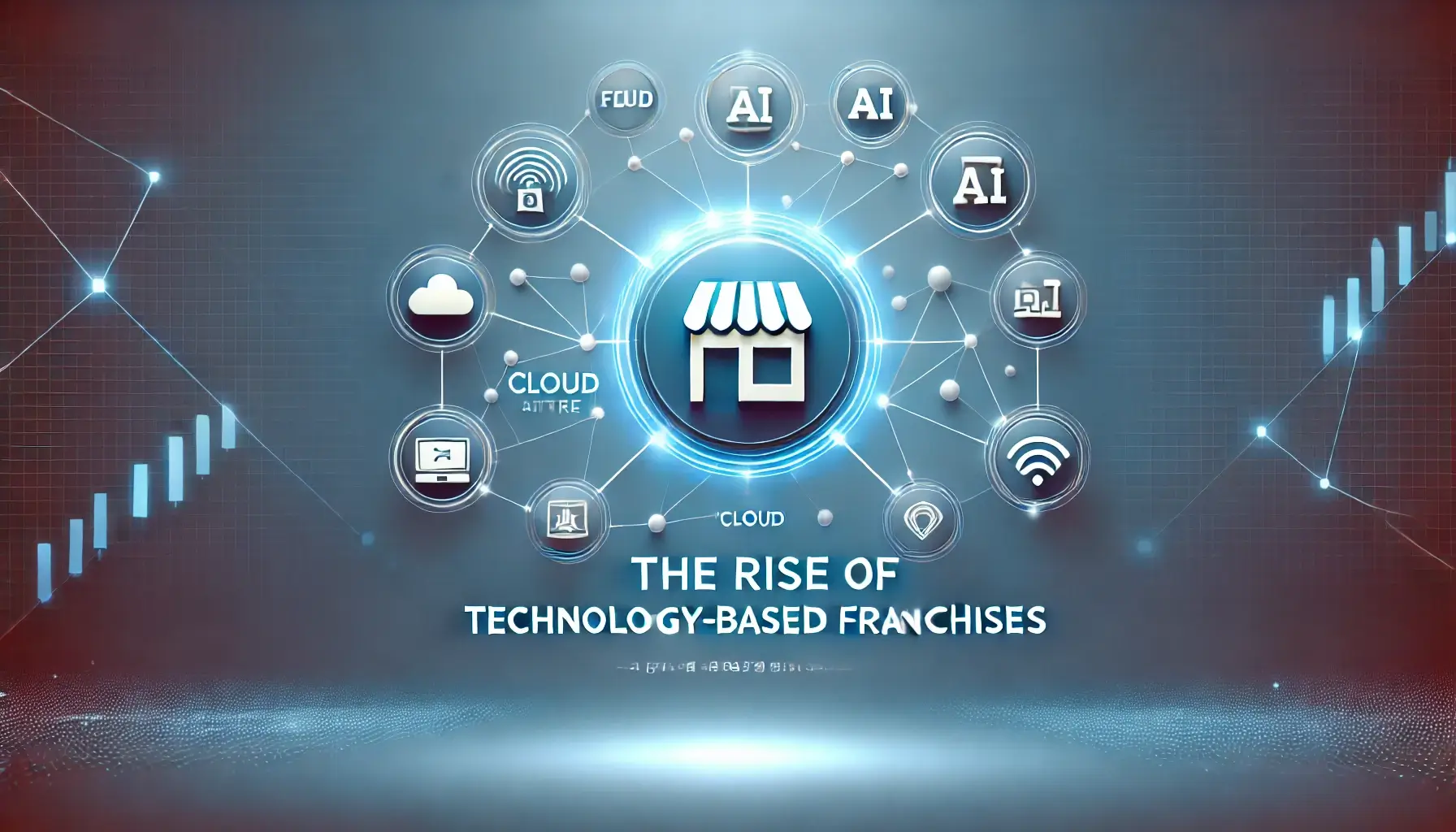As the business world becomes increasingly digital, franchising is evolving right alongside it. Traditional storefront franchises are now sharing the stage with a new wave of technology-driven models that are leaner, more scalable, and often more accessible. Technology-based franchises are changing the way entrepreneurs think about ownership and operations in the 21st century.
Shifting the Franchise Landscape
Historically, the franchise business model was dominated by industries like fast food, retail, and personal services. These models typically required large upfront investments, physical storefronts, and complex logistics. But with the rise of the internet and digital platforms, franchising opportunities have expanded into new territory.
Technology-based franchises now range from IT support and cybersecurity to e-commerce, digital marketing, app development, and online education. Many of these businesses are built around software-as-a-service (SaaS) models or cloud-based infrastructures, allowing them to operate remotely and scale quickly.
Lower Barriers to Entry
One of the biggest draws of tech-based franchises is the low overhead and startup cost compared to traditional models. Since many of these businesses can be run online or from a home office, franchisees save on rent, utilities, and inventory. This makes the model appealing to a wider range of entrepreneurs, including younger generations and those looking to pivot careers.
Digital franchises often provide ready-made platforms and tech tools for franchisees, reducing the learning curve and setup time. With a strong system in place, franchise owners can focus on growing their business rather than building it from scratch.
Innovation and Flexibility
Technology-based franchises thrive on innovation. They tend to adapt faster to changing market trends, leveraging data analytics, automation, and artificial intelligence to improve efficiency and decision-making. This agility makes them resilient in uncertain economic times and attractive to customers seeking convenience and tech-savvy solutions.
Franchisees also benefit from greater flexibility. Many tech-based businesses can be managed remotely, providing location independence and a better work-life balance. This has become especially relevant in the post-pandemic era, where remote work and digital services are not only accepted but expected.
Support and Scalability
As with traditional franchises, support from the parent company remains a key benefit in tech franchises. Franchisors provide ongoing training, software tools, marketing assistance, and technical support. However, with digital systems in place, this support can be delivered more efficiently and in real-time.
Scalability is another major advantage. Tech franchises can often expand faster because they aren’t limited by physical space or regional supply chains. With the right digital infrastructure, franchisees can serve clients across the globe, unlocking unprecedented growth potential.
The Future of Franchising
Technology-based franchises represent a significant shift in how we approach business ownership. They offer a blend of innovation, efficiency, and opportunity that fits the modern economy. As digital tools continue to evolve, the appeal of these franchises will likely grow—attracting a new generation of entrepreneurs ready to embrace the future.
